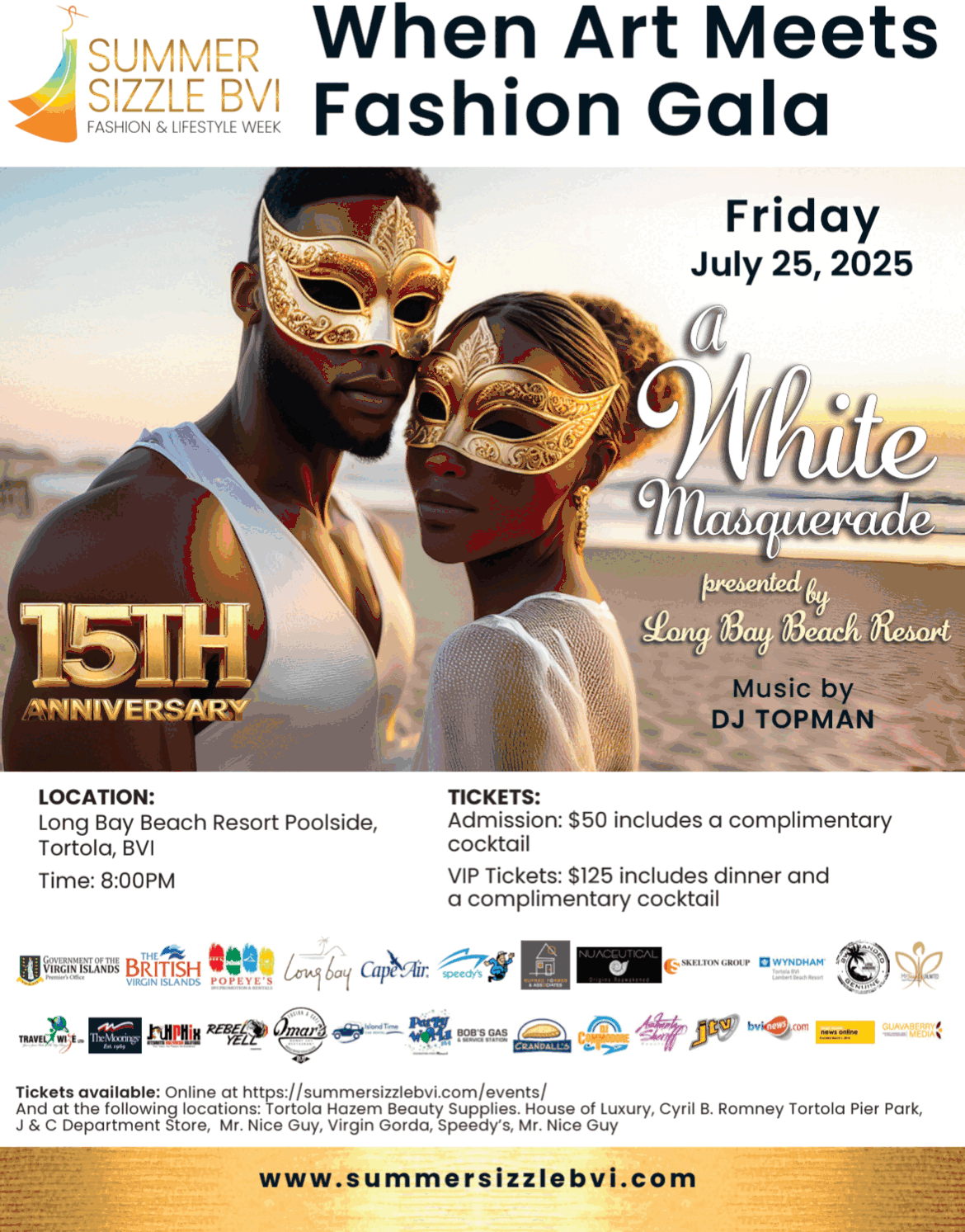Austerity or Stimulus: What economic medicine?
The following story is on the economics of disaster. Hurricane Irma, a monster Hurricane, struck the Virgin Islands on September 6, 2017. Irma was the strongest hurricane to have visited the Caribbean in recorded history. Its impact on the Virgin Islands meant the worst disaster to visit the Virgin Islands since the 1800s. Irma was the Virgin Islands 911.
Now, there are two classic models from the ‘mysterious’ world of economics that are relevant to a post disaster recovery plan for the Virgin Islands. Thoughtful and sound economic planning is the key to a full recovery for the territory Post Irma.
And these two hugely respected, but opposing efforts, at scare resource management derive from the thinking and exertions of two of the 20th Century’s most influential economists: Milton Friedman and John Maynard Keynes.
OK. Friedman would have argued that the natural economic cycle and individual enterprise were enough to get the Virgin Islands economy back to firing on all six cylinders after Irma, but with a tweaking of interest rates, and sound management of the money supply.
Friedman was the apostle of Laissez Faire. He was a free trader. Friedman’s argument was that Trickle Down, Austerity, and uninhibited Free Enterprise, were enough to get even the most crisis ridden economy moving. Friedman believed the businessman was king. The producer was boss. The role of the consumer was determined by the producer and his ability to satisfy consumer demand. Friedman was the Apostle of Supply Sided Economics.
Friedman would probably have recommended that the Post Irma VI be allowed to self correct. A self correcting economy has at the root a belief in the inevitability of the economic cycle.
The economic cycle is an intangible odyssey. Friedman’s Economic Cycle is actually a winding path through a complex maze. That path takes a country from a bust economy and recession, to a booming El Dorado, and then back to contraction and recession.
The start of the cycle is usually the ending of a recessionary period. From recession, economies either recover slowly, swiftly, or somewhere in between. After recovery, economies can grow further, to prosperity, and even to boom. Boom times do not last forever.
Economies overheat after a period of strong prosperity, and in past years central banks have stepped in to stop this overheating leading to an economic crisis. An economy overheats when inflation threatens consumer and business confidence.
Central banks as a consequence use the interest rate setting process to cool economies down. Interest rate increases are a device used to tamper down both inflation and consumer demand by increasing the cost of borrowing. The time central banks step in usually signals the start of a period of recession.
The Economic Cycle, if wisely gauged, is the panacea that will eventually take the Virgin Islands from recession to recovery, and then to all out prosperity, according to Friedman’s Austere Economic Model.
However, there is a caveat. Friedman would have been unable to give any length time for turning the corner out of recession. And that journey along the economic cycle is unpredictable, with unexpected twists and turns, and laden with traps and sudden barriers.
In any event, the Friedman economic recovery model would be unrealistic for a country that has little or no control over its national currency: the Virgin Islands uses the US Dollar as legal tender.
Then, on the other side of the debate, the late economist John Maynard Keynes would have stated that government intervention in the form of fiscal and economic management was critical to putting the Virgin Islands back onto its Pre Irma Footing.
Keynes believed strongly in government intervention in the form of public spending as the medicine for a slowing economy. He would have further argued that strengthening consumer demand was the panacea for placing the economy back on track. Keynes would have asserted that economic policy should focus on getting people back work, and back into shops, outlets, stores, warehouses, and so on and so forth, as consumers.
For Keynes, employing handymen, laborers, construction workers, and contractors, to get homes, and businesses, back to a good and acceptable level of habitation, and use, was sound economic policy. Construction and rebuilding are drivers of economic stimulus. Both create consumer demand, and generate job and business growth.
Keynes would have further asserted that this was the time to put cash into the pockets of Jack and Jill Consumer, and not allow fear to put a lock on people’s wallets. The consumer and his and her buying power were omnipotent in Keynes’ economic narratives.
To be continued…
Connect with Dickson Igwe on Facebook and Twitter







.png)











.png)











.jpg)








2 Responses to “Austerity or Stimulus: What economic medicine?”
Roll out incentives to get people back to work.